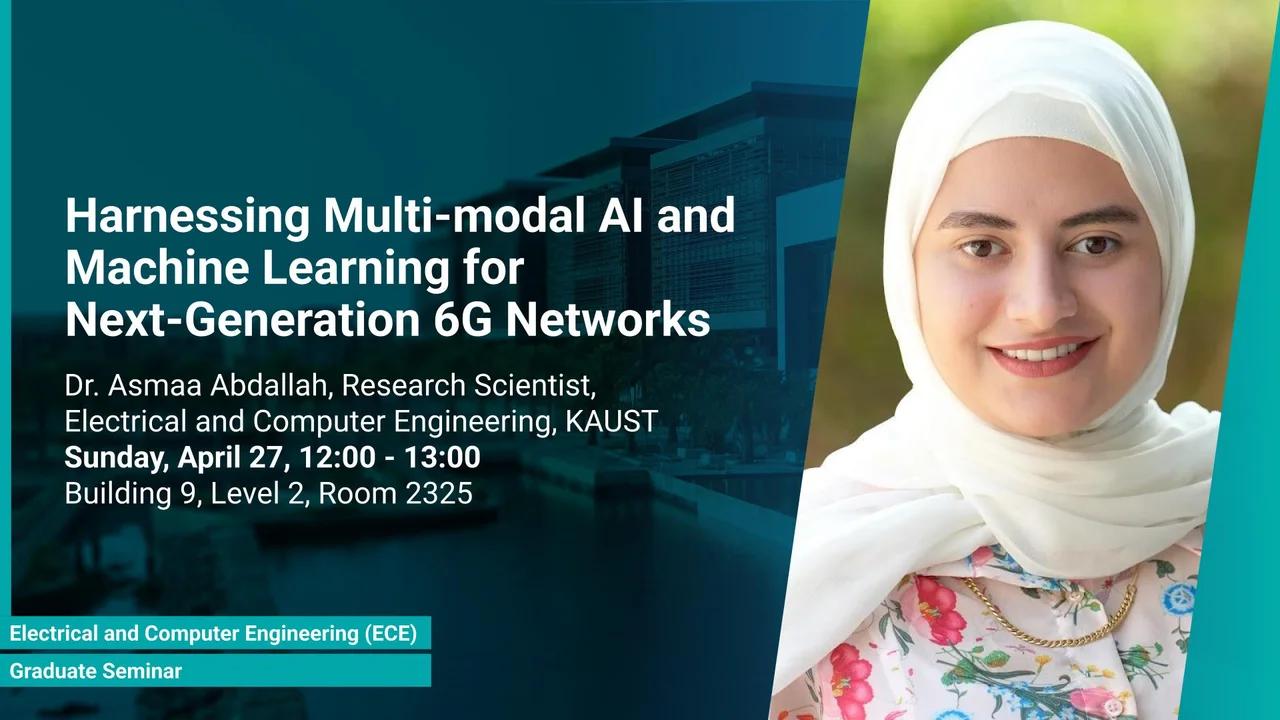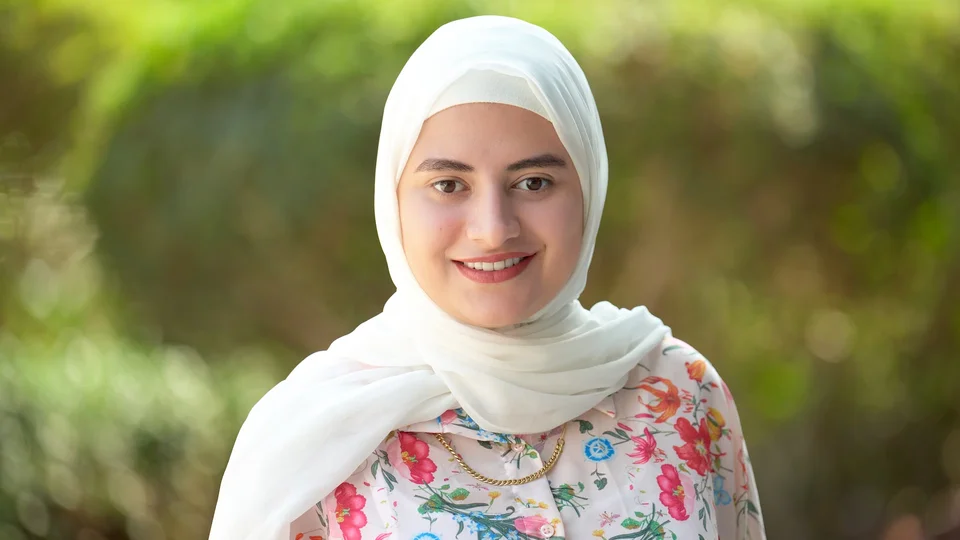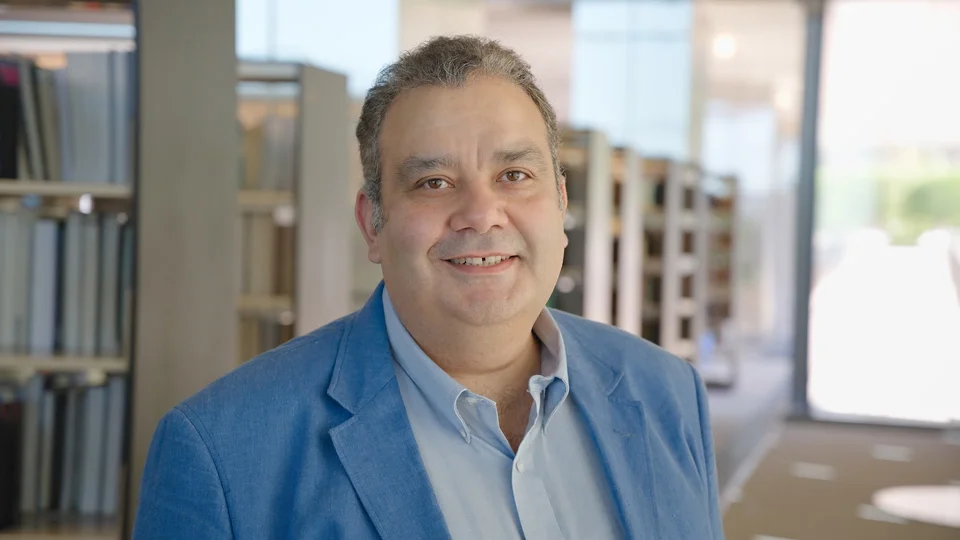
Harnessing Multi-modal AI and Machine Learning for Next-Generation 6G Networks
This seminar explores how multi-modal AI and large language models can optimize future 6G wireless networks by integrating diverse data sources to enhance reliability, efficiency, and overall performance.
Overview
As 6G networks advance, the demand for reliable, efficient, and intelligent wireless communications intensifies, driven by the growing demand for seamless connectivity. This talk explores how machine learning, particularly multi-modal AI that integrates diverse data sources such as sensors and cameras, can significantly optimize wireless network performance. We discuss key trends like multi-modal sensing and its role in refining beamforming techniques, improving decision-making processes, and effectively allocating resources. Additionally, we briefly highlight the promising applications of large language models (LLMs) in supporting real-time network management decisions. These AI-driven advancements are poised to substantially enhance the reliability, efficiency, and trustworthiness of future 6G wireless systems.
Presenters
Brief Biography
Asmaa Abdallah received the B.S. degree (with High Distinction) and the M.S. degree in Computer and Communications Engineering from Rafik Hariri University (RHU), Lebanon, in 2013 and 2015, respectively. She earned her Ph.D. in Electrical and Computer Engineering from the American University of Beirut (AUB), Lebanon, in 2020.
From 2021 to 2024, she was a Postdoctoral Fellow at King Abdullah University of Science and Technology (KAUST), where she is currently a Research Scientist in the Communications and Computing Systems Laboratory.
Between 2016 and 2020, Dr. Abdallah served on the executive committee of the IEEE Young Professionals Lebanon Section. She was the recipient of the Academic Excellence Award at RHU in 2013 for graduating top of her class. She also received a scholarship from the Lebanese National Council for Scientific Research (CNRS-L/AUB) in support of her doctoral studies.
In 2023, Dr. Abdallah was named one of the 15 leading Innovators Under 35 in the MENA region by MIT Technology Review. Her research interests include machine learning, communication theory, stochastic geometry, and array signal processing, with a focus on energy- and spectrally-efficient algorithms for next-generation wireless communication systems.

